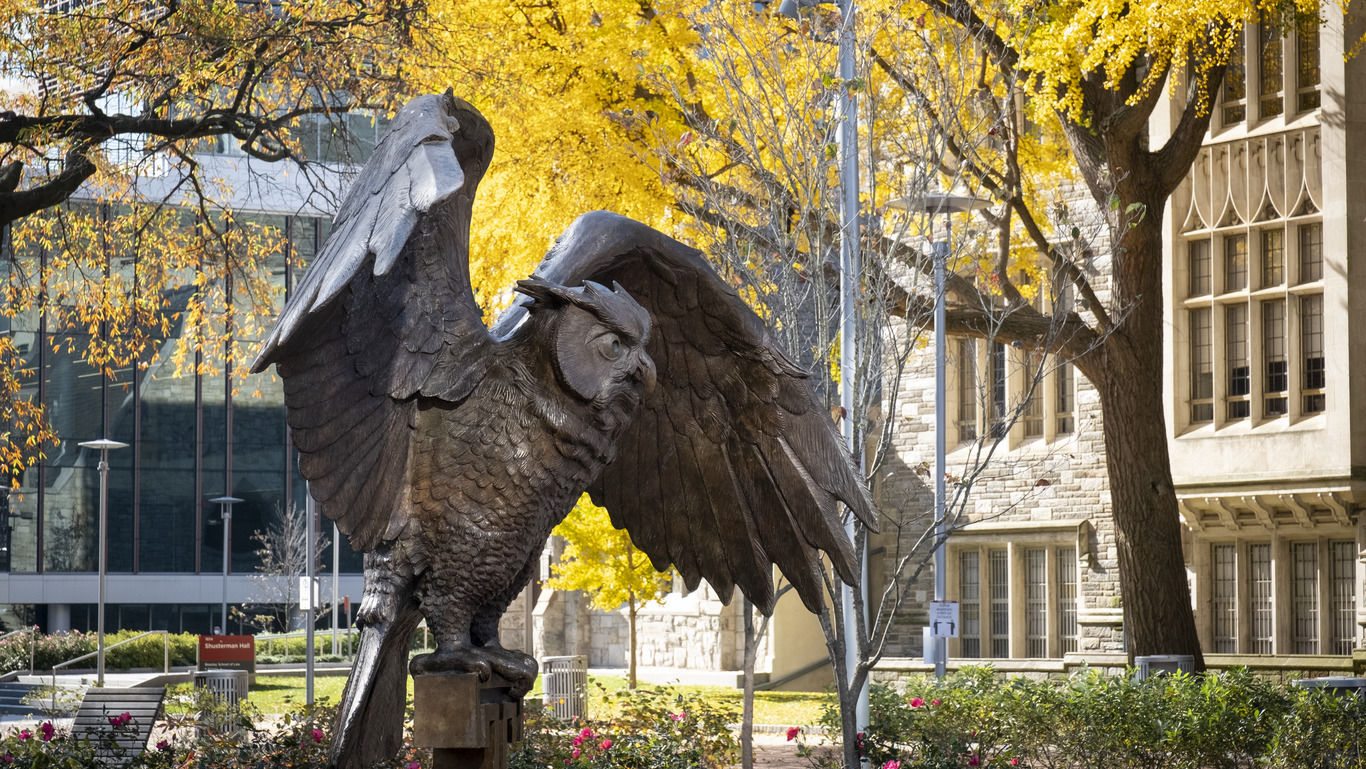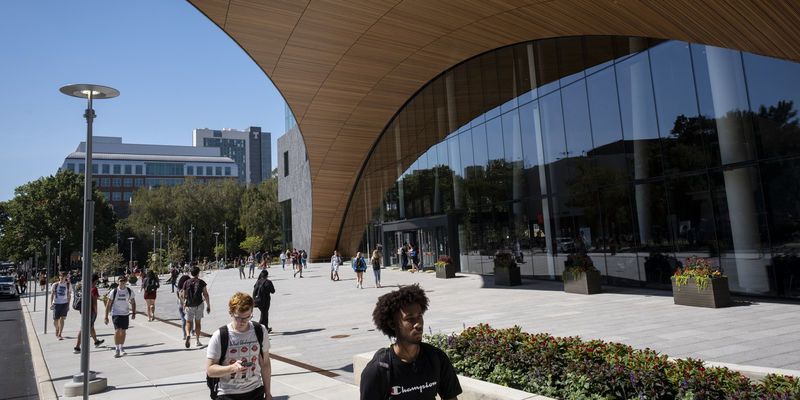5 minutes with … Yesh Khanna, director of accessibility for Temple Student Government
New Director of Accessibility Yesh Khanna talks about his position with TSG and his experience at Temple

We sat down with international student Yesh Khanna, Class of 2023, to learn more about his role as director of accessibility for Temple Student Government and his plans to improve the university’s accessibility.
Nutshell: Where are you from and when did you come to Temple?
Yesh Khanna: I’m from New Delhi, India, and I came here in the fall of 2019.
Nutshell: What has your experience been like at Temple University?
YK: Coming from India, which is a third-world country and doesn’t treat people with disabilities well, I love Temple. The particular thing that I learned about Temple, and more so about the United States as a country, was to value [my experience here]. The proper steps are in place, like the ADA [Americans with Disabilities Act of 1990] compliance routes [that ensure people with disabilities have the same rights and opportunities as everyone else]. It felt like a place where I, as a person who has a disability, could reach my full potential.
Nutshell: What is Temple Student Government (TSG) and what do they do?
YK: If the name does not give it away, we are a representative body for the students. We have different divisions that look after different aspects of student life: basic needs, campus, accessibility and things like that. We advocate on behalf of students and serve as the liaison between the student body and the Board of Trustees. We launch new policies that we believe could help the student body.
Nutshell: When did you join TSG and what did you do when you started?
YK: I joined Temple Student Government in fall 2020 and was part of the elections and allocations committees. Within the allocations committee, I was a guidelines technician. During that time, my job was to review all the funding applications that we got from student organizations and make sure that they were in compliance with the allocations guidelines. Because we don’t want to give money for frat parties or trips to Las Vegas.
Nutshell: Why did you want to become director of accessibility?
YK: I personally felt the need to do something. Something happened during the year that I thought shouldn’t have happened and it definitely happened because I have a disability. The experience motivated me to try to make some changes.
I always wanted to go into policymaking. My major is global studies, with a focus in global security. So, I analyze policy all the time, but I thought this would be a unique opportunity for me to actually make policy and implement it. Although I’m not doing it for the country, you have to start somewhere. I am interested in the policymaking aspect and have a desire to bring about a positive change and make the campus more accessible.
Nutshell: What do you do in your role as director of accessibility?
YK: I got in contact with the allocations committee and we made a plan to help make organizations’ events more accessible to people with disabilities. It feels good to help student organizations understand that we should have proper protocols in place in case a deaf person shows up, or a blind person or maybe a person in a wheelchair. There aren’t proper protocols in place [right now]. They might not have a sign language interpreter or the pamphlet in Braille. There’s a plethora of issues that arise, depending on the particular event. I wanted to solve them.
Nutshell: How does this role benefit Temple students and the Temple community?
YK: Many times when we talk about accessibility we usually limit that to the domain of education and academics. Not many people view accessibility as something that needs to be transcended into the domain of social life as well. And that’s what I’m trying to do.
Nutshell: Would you say you’ve made progress so far with your goals of increasing event inclusivity at the university?
YK: Yes, we have. I created preliminary accessibility guidelines in the summer. However, I decided that it’d be best to get Disability Resources and Services Director Andrea Vassar’s input as well on a list of proper guidelines. These guidelines will be sent to Bobby Miller, TSG’s chief financial officer, and Andrew Raposo, program coordinator for student organizations, for review and integration into the existing framework. This means that the student organizations not following these guidelines could be stripped of their STARS [Student Training and Rewards System] status and would be considered ineligible for TSG funding. The student activities financial department has the ultimate authority to decide if an organization would lose their STARS status. It is still a work in progress, but we hope these changes will be in effect from next semester. In the meantime, we have also recommended that organizations appoint accessibility officers.
Nutshell: Do you have any other goals besides campus accessibility?
YK: Being an international student, I have been helping the director of student needs create a program for international students to better integrate them into American culture. Because moving here from entirely different countries can be quite a shock and not everyone comes here from an urban background. We’re building a program to better integrate global students and it’s happening in collaboration with the International Student Affairs office. I’m also working to launch a new initiative, making Experience Temple Days (ETDs) more accessible. I’ll start out by working on the Honors ETDs due to their relatively small scale and then implement the successful strategies for all Temple ETDs.
—Matthew Aquino

